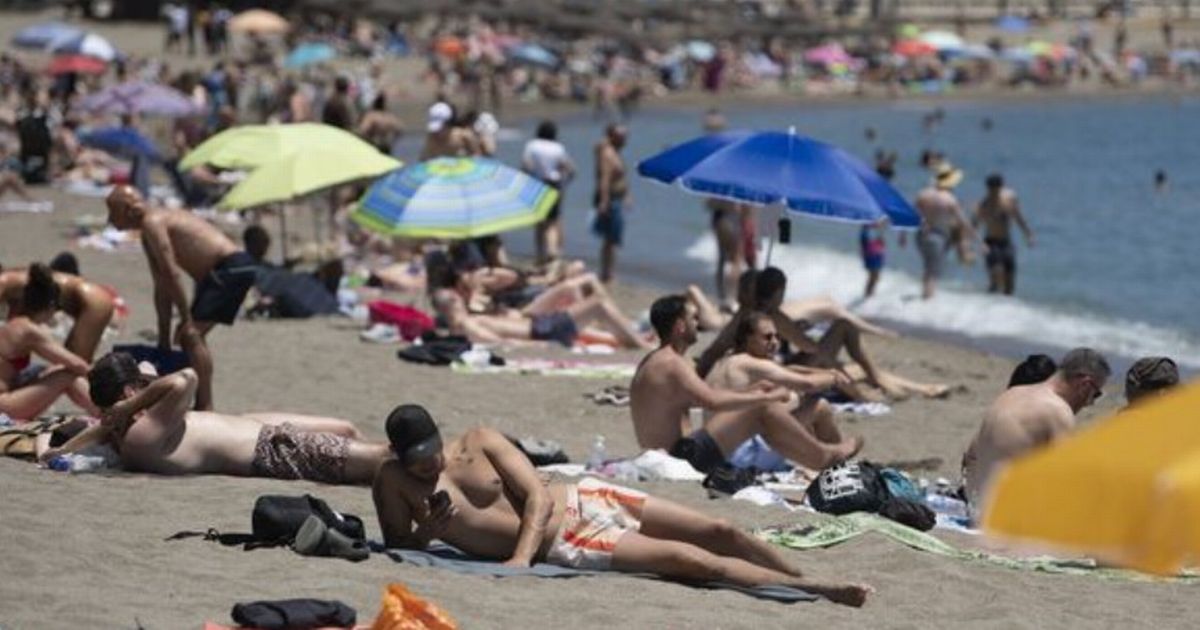Thousands of Majorcans are protesting this weekend against the surge in tourism that is being blamed for plummeting living standards among the local population. Spain begins hostile ‘fightback’ on UK tourists with millions of Brits warned
Spain begins hostile ‘fightback’ on UK tourists with millions of Brits warned
Spain has launched its biggest “fightback” yet with millions of UK tourists warned. Thousands of Majorcans are protesting this weekend against the surge in tourism that is being blamed for plummeting living standards among the local population.
The BBC News team has reported on the fightback, in an article titled ‘ The Spanish fightback against record tourism.’
“Every day I’m looking and every day the rent is higher,” one European Union local told the Beeb. “I even stop people in the street and ask if they have something because the day is approaching when I will have to leave the apartment, and I just see me and my son homeless because there is absolutely nothing.”
READ MORE All the dates in June UK faces first heatwave of year with temperatures at least 28C
“They ask you for deposits of several months. Some have even told me that they don’t want children, they don’t want animals. And so many people are looking,” another said.
“It’s impossible to sustain this sort of model,” said a 25-year-old. “Businesses are changing from ones selling traditional products to multi-nationals selling ice cream and we are losing our identity. We want to preserve our culture,” he says.
The BBC also quizzed holidaymakers over whether they have heard about the various protests that have been taking place and if it made them think twice about coming out to Majorca.
“I saw a little bit on the news”, said one. “But I tried not to watch it because I didn’t want it to stress me out and put me off coming because we’d already booked and paid for it.”
“Don’t the tourists boost it and make the money for this place?” a second asked. “People travel around the world and this is it. With no tourists there’d be no jobs, no wages, no nowt.
“They rely on it, don’t they?” It comes after stats show Spain welcomed 25.6 million people in the first four months of the year, representing a 7.1% increase on the same period last year. Brits continued to be the largest cohort, with over 4.7 million arrivals over that period.
